The entire world is currently worried about containing Covid-19. The new coronavirus (Covid-19) pandemic has given vitality to digital hoodlums to exploit the circumstances to do their violations. The lawbreakers can abuse a general feeling of disarray and overworked medical clinic staff to turn the crisis to their benefit. The most common type of digital wrongdoing right now is ransomware. People are falling for these due to a fear factor. There is an expansion in cyber-attacks on PCs, switches, and unprotected home systems utilized by representatives who have changed to remote working because of the spread of COVID-19. There were only 190 domain names on the web with the expressions “corona” and “covid” in them a year ago, as indicated by Etay Maor, the chief security officer at cyber-intelligence firm IntSights. Close to the finish of March, he said there were more than 70,000 domain names identified with those terms.
Do You Know What A “Cyber Crime” Is?
Cybercrime, or PC-related wrongdoing, is an offense including a PC and a system. The PC can be utilized in the commission of wrongdoing, or it very well may be the aim. We can characterize it in a single word of Cyber offense.
“Digital Crimes which are completely restricted against any people with a criminal reason. Willfully frightful the notoriety of the casualty straightforwardly or in a roundabout way by the utilizing of present-day computerized systems, physically or mentally mischief to the person in question”. E.g: Web and cell phones.
Read More About The Aarogya Setu Dilemma
Social Engineering plays the Key role

We frequently overlook that scams must be fruitful in the event that they can socially design or nitwit victims into doing what it plans for them to do (e.g., download malware). Cybercrime is reliant on the human component, and scammers realize they should control our base triggers to be effective. They are shrewd and crafty and influence strategies that many promoting associations use to socially build our feelings to purchase an item or service. Realizing that numerous individuals are experiencing economic hardship, making a feeling of dread that a utility will be stopped, for instance, in the event that they don’t tap on a link to modify their account. In like manner, scammers are utilizing impetuses, for example, government installments and work-at-home scams playing on the dread of monetary weakness.
[Note: Please don’t blow privacy out the door in these trying times and be careful what you share online.]
Following are the fraud that we have identified along with security,
1) Social Media Threats:
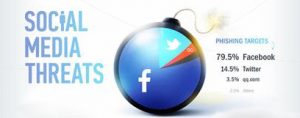
You have to hand it to the scammers behind this one. It surely seems as though a social-media post from a genuine significant retailer who needs to part with a shopping festivity. It is anymore a real post than others you see on social-media providing things. As with such a significant number of different scams portrayed in this post, the scammer utilizes COVID-19 as the medium for a demonstration of goodness. In any case, what scammers truly need from online networking assaults is for the user to navigate and give personal data or pursue exorbitant services or share the post with companions, so much more victims can be tricked in.
Read More about What Happened in the Twitter Attack
2) Malicious Mobile Apps:
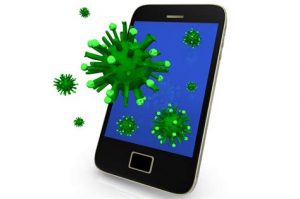
Currently, many apps some are even virus-related apps, which are actually malware, asking for different permissions and try gaining access. All fake attempts might not involve email, phone calls, or text messages. Mobile applications are a quickly developing assault vector for spreading malware, spyware, and ransomware. Playing on worldwide enthusiasm for the theme, con artists have discharged an assortment of phony mobile applications identified with COVID-19 professing to offer the most recent breaking news and updates. Instead, these phony applications are downloading malware and ransomware fit for assuming control over a victim’s cell phone. Counterfeit applications abusing COVID-19 interest that are connected to Android banking malware including BankBot Anubis, Cerberus, and DanaBot.
3) Work from Home Scams:
Work-from-home scams is the most upsetting patterns in pandemic exploitation, as these exploit the budgetary circumstance numerous individuals may wind up in right now. Brian Kerbs as of late wrote about one such profoundly complex activity where scammers set up a phony charity site in hopes of recruiting cash carriers under the pretense of aiding those affected. On the off chance that there winds up being a worldwide downturn due to COVID-19, anticipate that terrible on-screen characters should go after defenseless purchasers and work-from-home scams to flourish.
4) Ransomware Attacks:
In this pandemic period, many ransomware attacks can be seen, it’s because many people are staying at home and working from home. Ordinarily, the client at that point gets a message that their PC and the entirety of its data have been blocked. The best way to unblock the PC is to pay an amount, some of the time in Bitcoin, to a given account. Now and again, there is a cutoff time so, all data in the PC’s records will be irreversibly erased. Ransomware by the name ‘CoronaVirus’—that steals and encrypts data—and mobile ransomware called ‘CovidLock’—that locks the victims’ phones—have been identified. Cybercriminals extort money from users to decrypt the data or unlock the phones. New Research from Microsoft shows that ransomware assailants are effectively exacerbating that emergency, compelling medicinal services, and basic foundation associations to settle up when they would least be able to bear the cost of downtime. Much of the time, programmers are receiving the benefits of the foundation they paid months prior before Covid-19 completely hit.
5) Phishing Emails:

Phishing scams exploit fears of COVID-19, yet among the most stunning models has distinguished are phishing messages indicating to originate from the “World Health Organization” (WHO). Going after dread is a typical phishing strategy, yet it’s one thing to go after somebody’s dream of having their character taken or their credit destroyed – and to go after their dread of another, occasionally fatal sickness. Tapping on the URL in the email results in malware being introduced to gather private data from the beneficiary’s gadget, set up remote access to the gadget, or take address book data.
6) Vishing (VoIP):

One sent a bank’s clients an email encouraging them to talk to the bank to determine a missed installment. It was generally a fake, then again, actually, it additionally incorporated the line “If your monetary circumstance has been affected by COVID-19, if it’s not too much trouble call us to talk about choices… ” The email at that point gave a VoIP telephone number to call rather than a link. In the pretense of being useful, this scammer dropped an incredible draw to beneficiaries who may have lost pay or in any case experienced monetarily the present pandemic. While vishing assaults for the most part include a spontaneous VoIP call from somebody seeming to speak from a bank or some other association.
7) Fake E-Commerce Sites:
There have been various phony sites set up by con artists to profit from buyer alarm. The vast majority of these sites are identified with selling provisions that are popular internationally, for example, face-masks, hand sanitizers, plastic gloves, and anti-septic, and regularly at high costs. The sites are basically a trick for the culprits to stash the cash from exchanges, and no provisions are ever sent. Significantly all the more upsetting are sites implying to offer free antibodies or different medications for COVID-19, which are really being utilized to take credit/debit cards and other individual data from the affected.
Please don’t become a Victim of fraud scams
While there is a cybercrime that happens at a more earnest scale than we can envision, for example, government offices being hacked or clinics and medicinal services suppliers succumbing to ransomware amidst the pandemic, realize that the scams referenced above are ones we would all be able to control by essentially acting keenly on the web. As indicated by the Federal Communications Commission (FCC) site.
• Don’t react to calls or messages from obscure numbers or any others that seem dubious.
• Don’t click any links in an instant message. In the event that a companion sends you a book with a dubious link that appears to be abnormal, call them to ensure they weren’t hacked.
• Never share your personal data by means of email, instant messages, or calls.
Stay vigilant, stay safe.
Our best security against cybercrime is staying alert. In the times that we are in, it is prudent to be extra cautious. We cannot let that alertness slip at any time, for cybercriminals are waiting for opportunities to strike. Fraudsters were well-prepared to make use of the pandemic before most of us had even heard of the virus. We identified a huge number of recently enrolled areas that contained the words coronavirus and COVID-19. If you are in search of the best Cyber Security company, we are here to help you, contact us now.
Contributors: Gokul VG, Akhil V, Derin Shyju, Sherin Saji

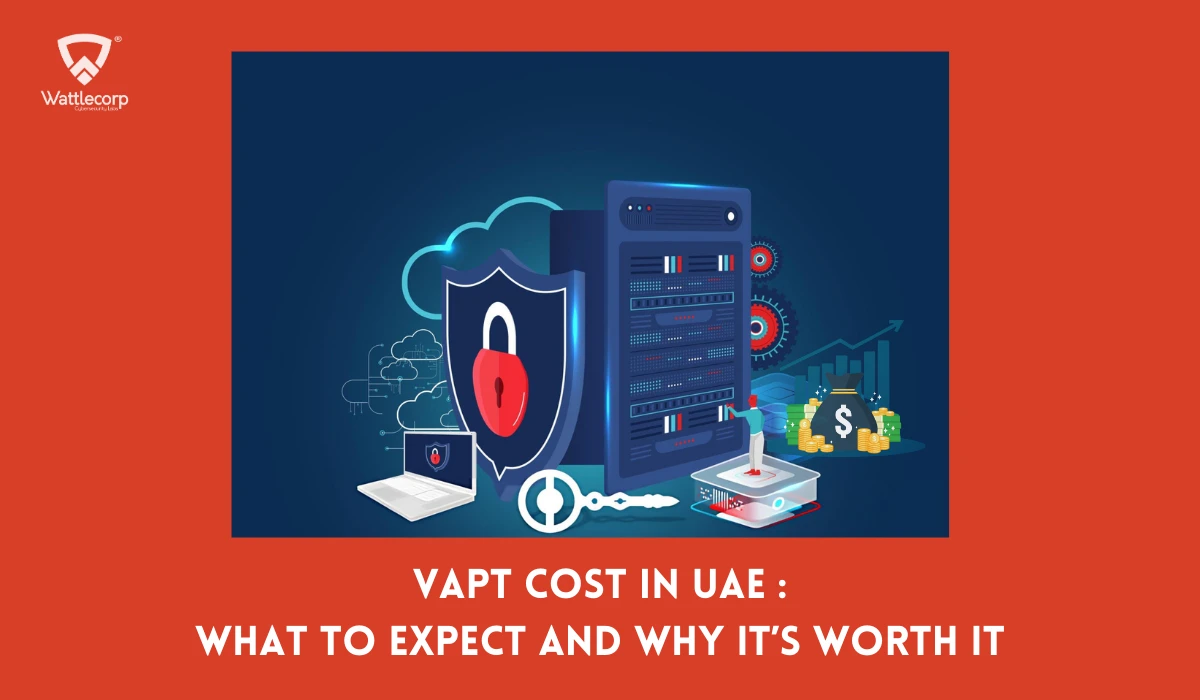
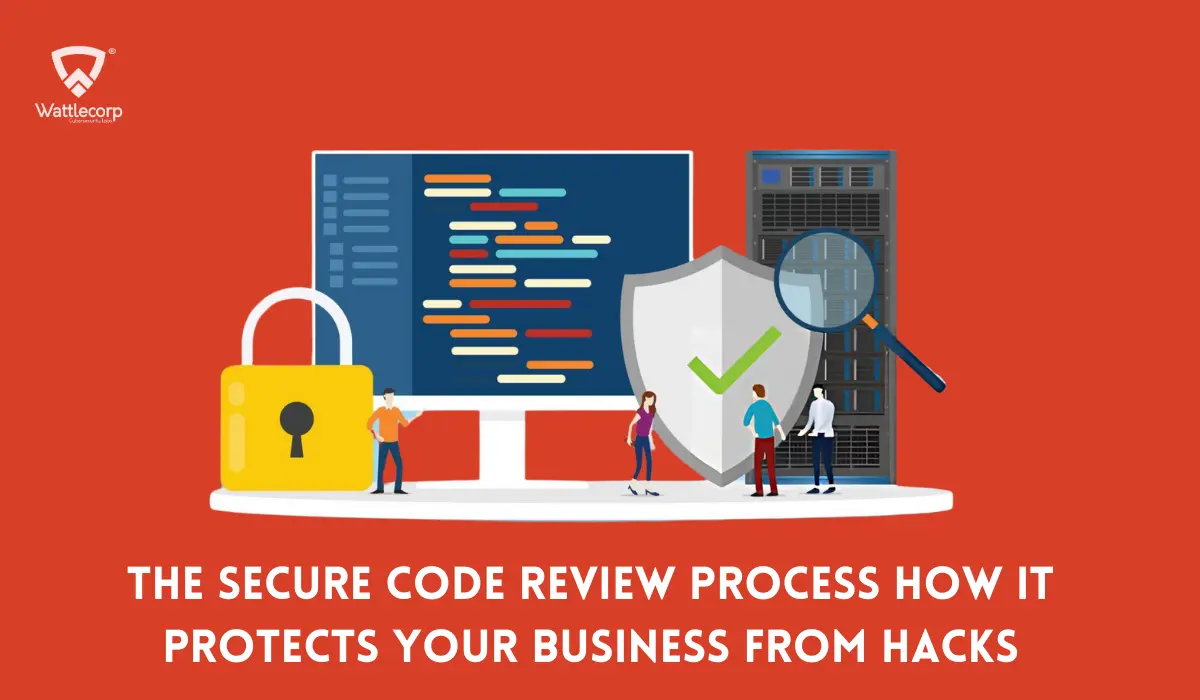
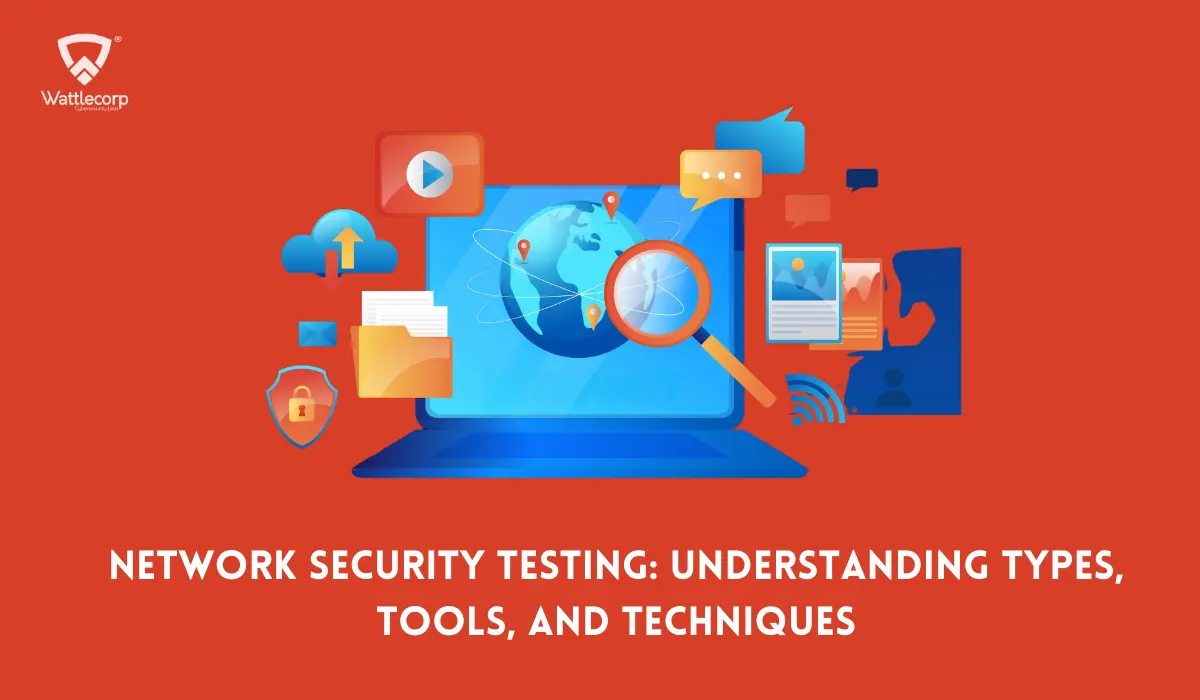

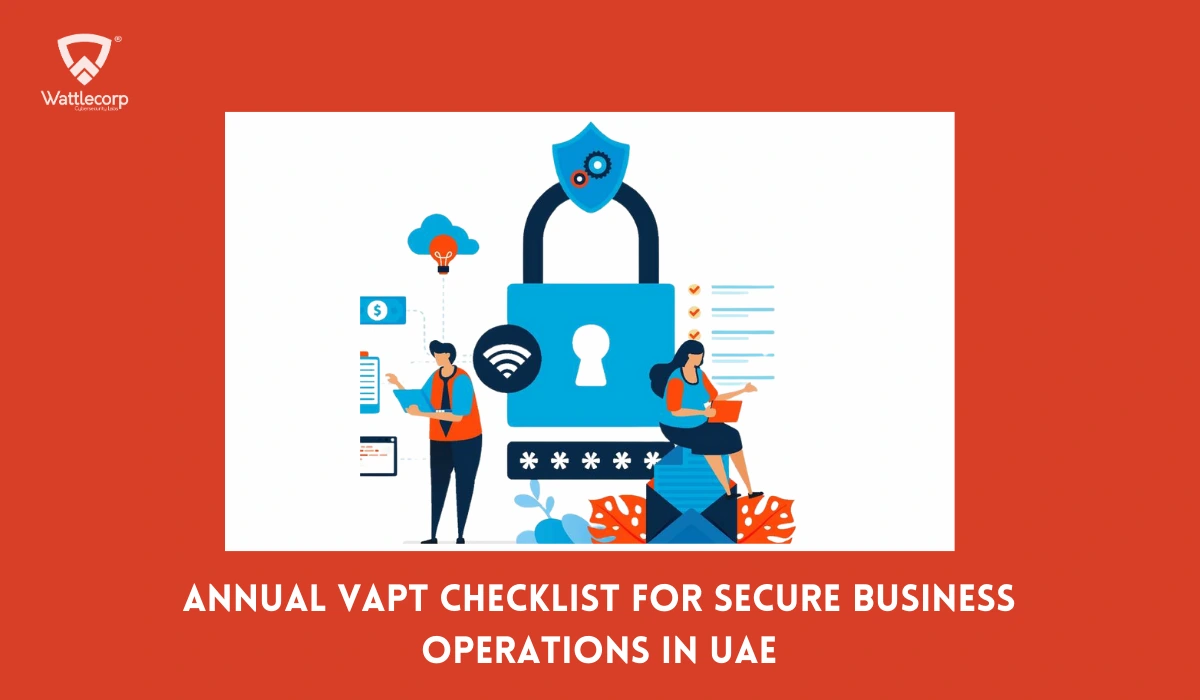
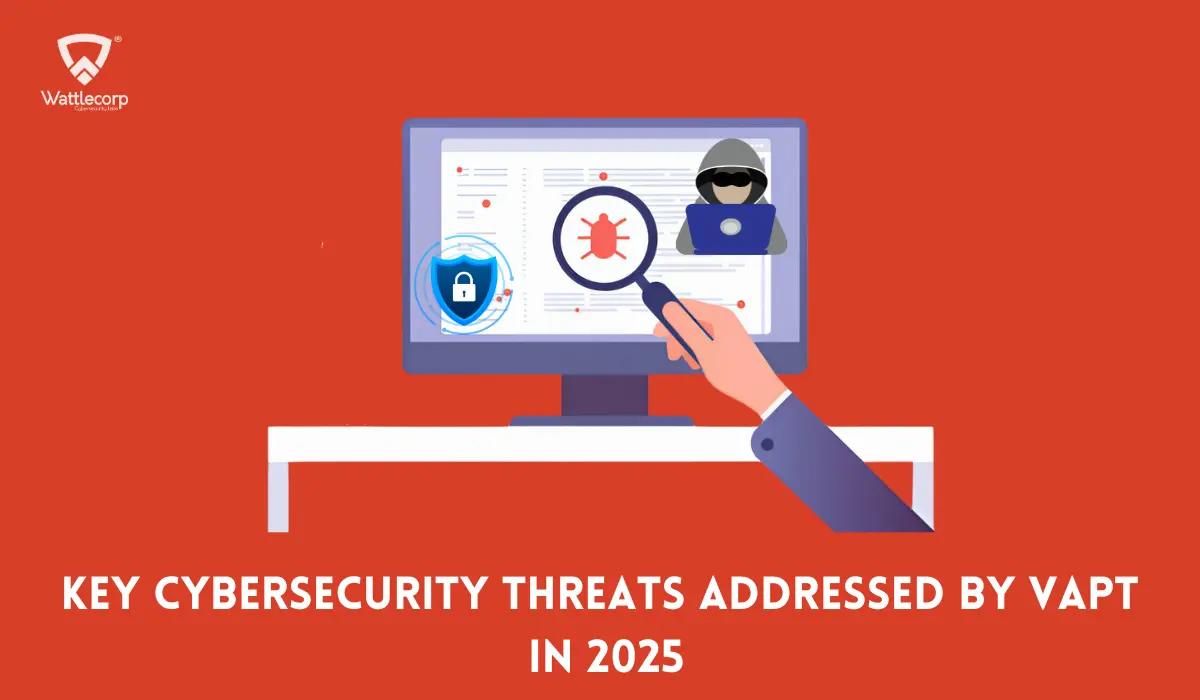

3 thoughts on “Cyber Crimes In The Time Of The Pandemic”
My partner and I absolutely love your blog and find many of your post’s to
be exactly I’m looking for. Does one offer guest writers to write content for you personally?
I wouldn’t mind producing a post or elaborating on many of the subjects you write
about here. Again, awesome web site!
fantastic submit, very informative. I wonder why the
opposite experts of this sector do not understand this. You should continue your writing.
I’m sure, you have a huge readers’ base already!
Thanks for the marvelous posting! I definitely enjoyed reading it, you
may be a great author. I will remember to bookmark your blog
and will often come back down the road. I want to encourage
you to ultimately continue your great job, have a nice weekend!